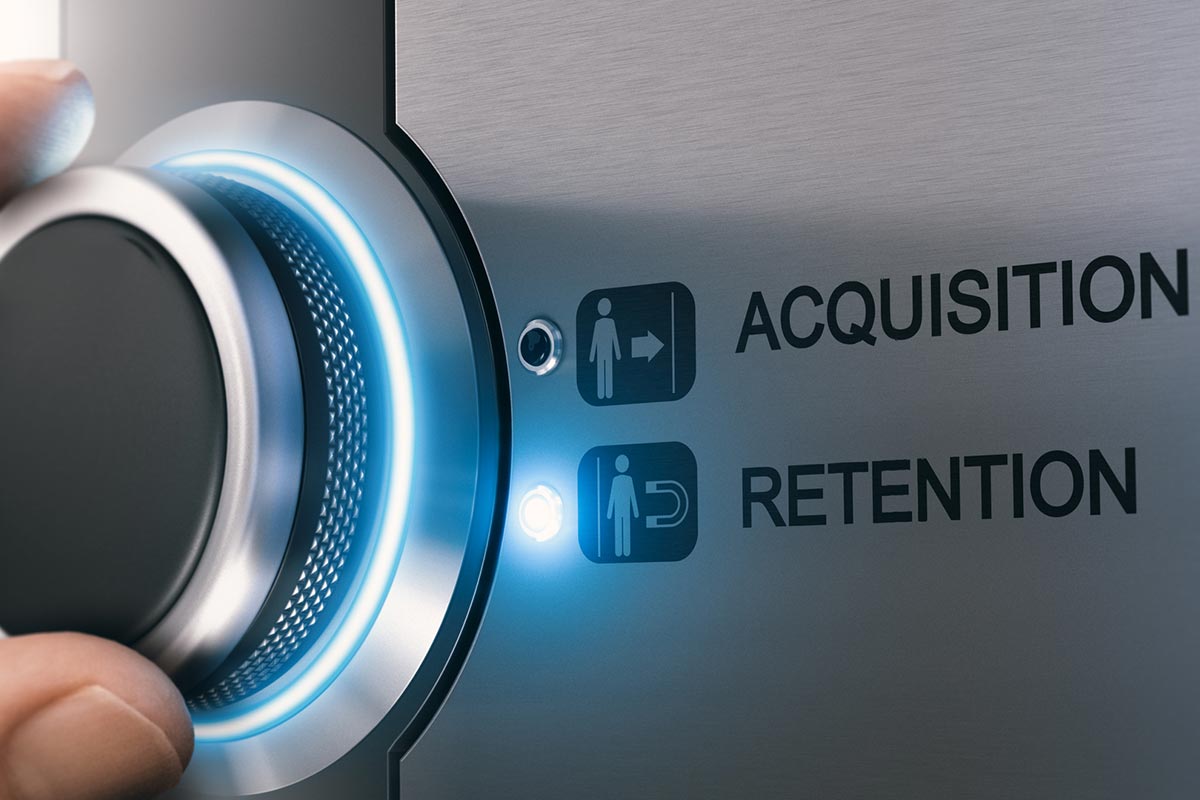In the dynamic world of aesthetic medicine, where the pursuit of beauty is paramount, the responsibilities of running a successful practice can be all-consuming. For aesthetic practice owners finding personal balance is not just a luxury—it’s a necessity.
Why Personal Balance is Crucial for Aesthetic Practice Owners
Aesthetic practice owners, much like healthcare providers, hold a pivotal role in enhancing the lives of others. Entrusted with the delicate task of restoring confidence and addressing aesthetic concerns, they often navigate sensitive emotions and high expectations. This demanding role can take a toll on personal well-being, leading to burnout, stress, and diminished productivity.
Maintaining personal balance is not merely an act of self-care; it’s about ensuring that as the heart of the practice, you operate at your best. A well-balanced aesthetic practice owner is more resilient, empathetic, and capable of providing exceptional care to their patients.
Tips to Achieve Personal Balance and Business Success
1. Balancing Clinical and Administrative Responsibilities:
Running a successful aesthetic practice requires a delicate balance between clinical responsibilities and administrative tasks. Aesthetic practitioners must not only focus on delivering top-notch treatments but also efficiently manage the business side of their practice. Implementing effective systems and delegating tasks appropriately can alleviate the burden, allowing professionals to concentrate on what they do best—enhancing their clients’ aesthetic experiences.
2. Practice Self-Care:
In the pursuit of business success, it’s easy for aesthetic professionals to neglect their own well-being. However, personal balance is intrinsically linked to professional success. Regular self-care practices, such as adequate sleep, exercise, and mindfulness, contribute to mental and physical health. Practitioners who prioritize self-care are better equipped to handle stress, make informed decisions, and sustain the energy required to excel in their demanding roles.
3. Establish Clear Boundaries:
Aesthetic practice owners should set defined work hours and adhere to them rigorously. Avoiding work-related emails or messages outside of these hours creates a mental disconnect, fostering a healthier work-life balance.
4. Schedule Regular Breaks:
Taking short breaks throughout the day is crucial for stepping away from the demands of the practice and recharging. Engaging in activities that bring joy, such as a brisk walk, a cup of tea, or a brief meditation session, can significantly contribute to maintaining balance.
5. Embracing Continuous Learning:
In the ever-evolving field of aesthetics, staying stagnant is not an option. Successful practitioners embrace a mindset of continuous learning. Whether it’s attending workshops, conferences, or engaging in online courses, the commitment to expanding knowledge and honing skills is paramount. This not only enhances the quality of services but also positions the practice as a leader in the industry, attracting clients who seek the latest and most advanced treatments.
6. Financial Wellness and Planning:
Achieving personal balance also involves maintaining financial wellness. Practitioners should implement sound financial practices, including budgeting, investing wisely, and planning for the future. Financial stability not only provides peace of mind but also allows professionals to reinvest in their practice, ensuring its continued growth and success.
In the dynamic world of aesthetic practices, finding business success goes beyond mastering clinical skills. Aesthetic practice owners must cultivate personal balance to navigate the challenges and opportunities unique to their profession. By practicing the above mentioned points aesthetic professionals can position themselves for sustained success in an ever-evolving industry.










